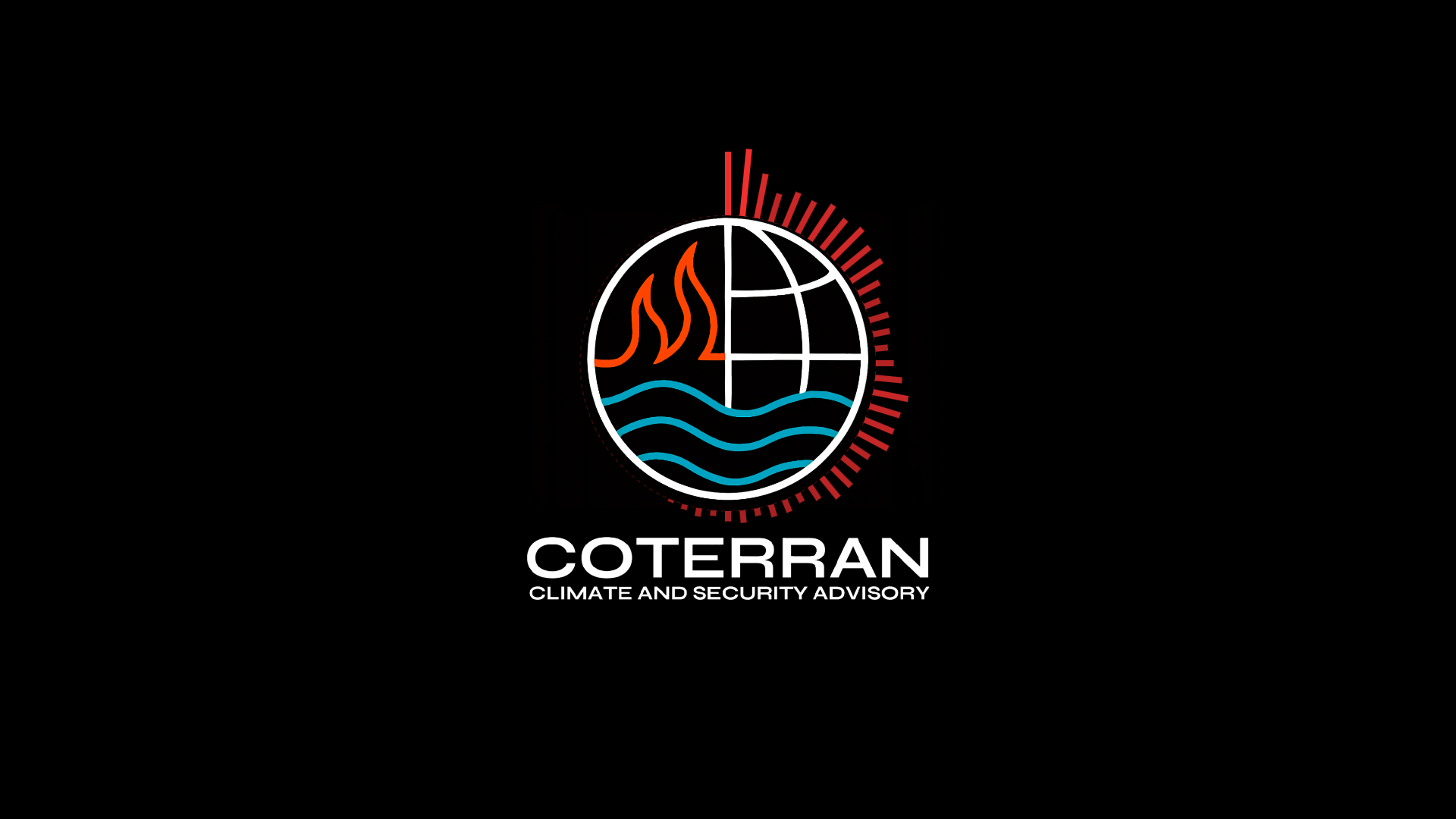CoTerran on ABC Radio National Breakfast discussing COP31, 10-11-2025
On the eve of COP30, in my first public discussion as Director of CoTerran, it was a pleasure to join Sally Sara on ABC Radio National Breakfast to talk through Australia's bid to host COP31. You can see a key clip above, or hear the full discussion here: https://www.abc.net.au/listen/programs/radionational-breakfast/adl-cop-31/105987420
I'd like to expand on a few additional points, in reflection.
COP31 is about strategic partnerships and security
At its core, the strategic reason to co-host COP31 between Australia and the Pacific is about elevating what the Pacific sees as its most fundamental security threat into the global conversation.
This is critical to keep in mind. Climate impacts are already locked in, and surely worsening, but at this point unavoidable. As Australia's own National Climate Risk Assessment demonstrated earlier this year, climate threatens Australia's security - just as much as the Boe Declaration rightly points to climate as the Pacific's pacing threat.
This perspective seems to have been lost among those who raising doubts about the practicality and benefit of Australia's bid, which appears to extend to wavering commitment among some members of the Australian government itself.
Invest in climate ambition, or COP a free ride?
There are high costs to hosting the annual international climate negotiations, but that is unavoidable. These events set the rules around which we have had any basis to advance mutually agreed rules for global action on climate change. In their absence, we would be facing far more catastrophic future warming.
It's worth bearing in mind that every single COP, to date, has incurred those costs for a hosting country. In that sense, every country that has not hosted a COP has been riding on the investment made by others - including Australia.
At a time when global commitments are at risk of disruption, this is the time for a committed Australian government to step up and push the bid forward - not fumble it near the finish line.
Never mind the cost and investments the government has already made on the bid itself these past many years, Australia's late withdrawal will help set global climate momentum further back at a time when ambition is needed.
COPs do bring indirect benefits, of course, much as the South Australian government modelled last year (even if the federal and state governments remain locked in who will fund what, exactly). Value for taxpayer money is critical, as is fiduciary responsibility, and so those considerations can't be dismissed - but ultimately this isn't about the economic opportunity of hosting a trade show or talk fest.
It's about investing in the continued multilateral process that protects humanity, including Australians, from worsening climate impacts.
Focus on Pacific climate security needs, not just clean energy exports
COP31 will absolutely also be an opportunity to anchor and raise the many benefits that the clean energy transition will have for Australia and its region - but this alone isn't enough. That focus has been entirely understandable as a way to sustain the bid and benefits for the Australian domestic audience, but Australia does not need to host the global climate negotiations to expand its commitments in and opportunities for the global clean energy transition.
Australia does need to help win the COP31 bid, as a co-host with the Pacific, to demonstrate its commitment to Pacific partners and raise their interests on the global stage. As a major fossil fuel exporting country, this is a complicated balance - which should absolutely be met with a plan to phase out the development and export of fossil fuels - but equally there are other real, practical benefits to the Pacific of Australia using its platform and leverage to help co-host and guide the COP31 agenda.
COP31 should drive adaptation finance to new levels
In that respect, Australia should ensure that in collaboration with the Pacific, that if successful it uses COP31 to help deliver a step change in adaptation financing under existing multilateral and regional mechanisms.
We know that climate adaptation financing lags far behind needs. In many respects, while the global clean energy transition is growing apace with renewable deployments and investment, adaptation remains a much more difficult and pressing challenge to invest in and avoid the costs we have already locked in with current warming.
None of that means COP31 has to be solely a regional, Pacific COP. Adaptation financing is a matter of global relevance, but one which is also rooted in Pacific needs and interests.
In turn, by bolstering Pacific security, Australia will bolster its own security - by increasing the stability of Pacific partners, and reducing opportunities for competitors to step in and deliver leadership and financing where Australian alone cannot.

